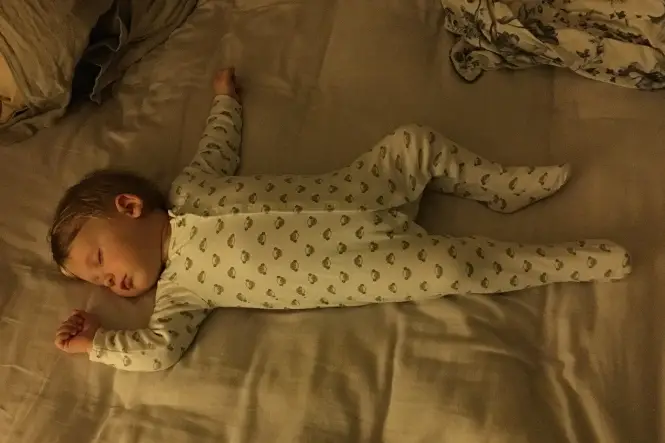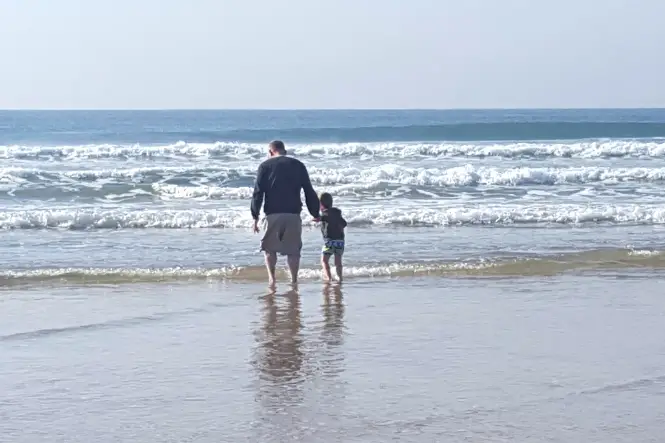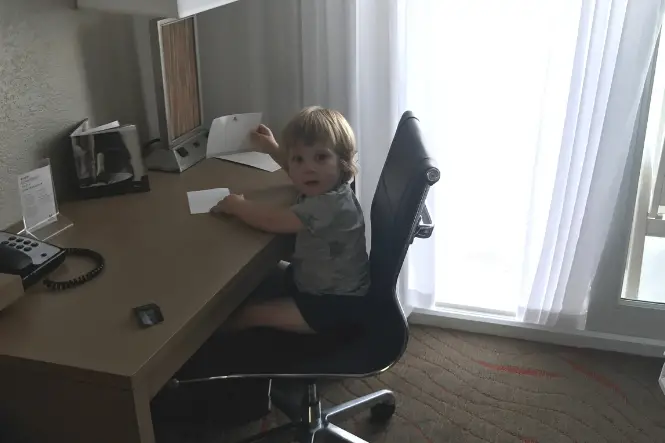Camping continues to be a popular choice for family holidays, as it’s inexpensive, accessible and fun. But if everyone is going to enjoy a stress-free camping holiday, there are some basic camping safety issues that you need to be aware of.
Safety Around the Tent
Your tent will become your home for the duration of your holiday. Most children love the fun of camping under canvas – at first, at least – and enjoy being in the tent and exploring.
On the outside of the tent, you may have guy ropes and pegs sticking up at various intervals and keeping the tent upright. They are there for a reason, but if children decide to run around outside the tent, they do pose the risk of accidentally tripping them up. As you don’t want children hurting themselves, or your tent to fall down, it’s a good idea to ban running right by your tent.
If you have camping equipment and cooking equipment, such as gas cylinders, with you, these need to be stored carefully and away from your children. There have been tragic accidents involving gas cylinders exploding on campsites, so they do pose a real danger.
Safety on the Campsite
It’s important for children and their families to be aware of issues of safety on the campsite. However small or large the campsite is, the chances are there will be other members of the public camping there, too – and possibly lots of them in the peak of the summer camping season. Although many of your camping neighbours may be friendly and happy to pass the time of day, they are still strangers, so basic stranger danger safety applies.
Set guidelines for your children, so they know where they are allowed to play on their own outside the tent and how far they are allowed to go. In the case of young children, it’s a good idea to supervise them if they are straying far from the vicinity of your tent, but older children could be allowed a bit more freedom (within limits).
When you’re using campsite facilities, such as washing and toilet blocks, do supervise your children. Most areas are perfectly fine, but you never know exactly who else might be using the facilities or hanging around outside them.
Most campers go out and explore the local area during the day, many using their cars, so there’s also the issue of car dangers on campsites. Although the maximum speed restrictions for vehicles may be kept low, you don’t want children straying near to the access road or on areas where cars are likely to be moving or parking. Reminding your children about Road Safety whenever you are on holiday is a good idea, too.
Emergency Contact Point
Whenever you’re camping, it’s a good idea to establish an emergency contact point at the start of your stay. This can be somewhere that your children go if they should get lost. Some larger campsites may well have an information or help point, which is staffed, so this would be a good place for them to head for.
In the case of smaller campsites, you could choose a spot such as the on-site shop, or an easily identifiable area which your children will be able to find if they get lost.




